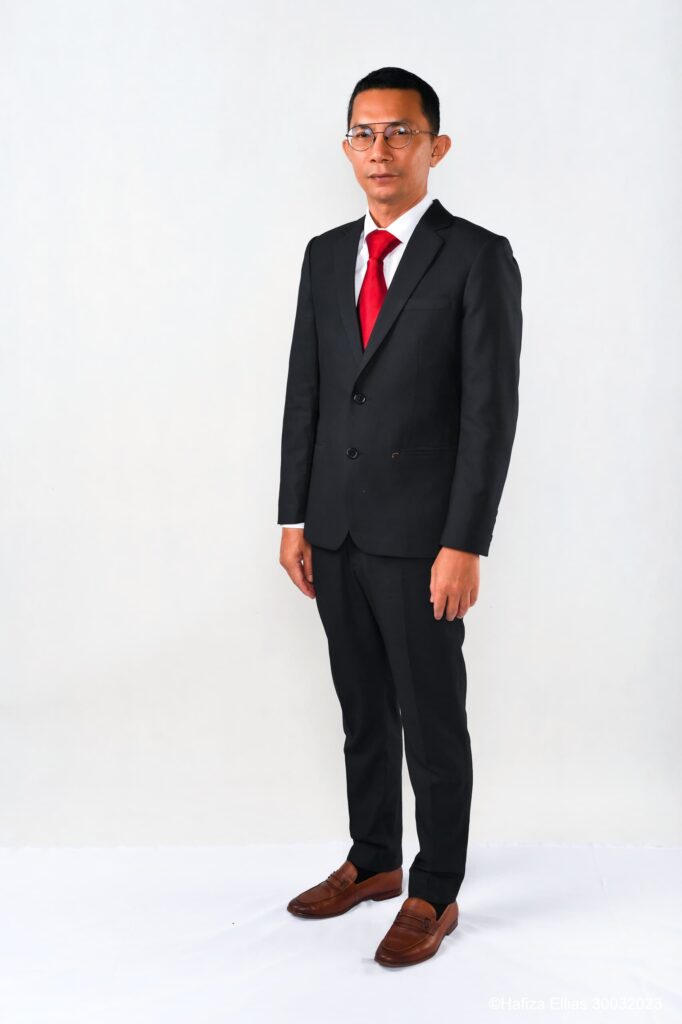
From the Desk of Top Management
Thursday, 07/08/2025
Share This Article :
As a non-niche faculty in a well-defined niche university such as UMT, the Faculty of Business, Economics and Social Development (FBESD) faces both unique opportunities and challenges. As the largest faculty at UMT, it is important for us to reflect on the resilience, growth, and dedication demonstrated by our faculty members. Since its establishment, FBESD has achieved remarkable milestones. In the QS World University Rankings by Subject 2025, FBESD received notable recognition, with Economics & Econometrics ranked in the 551–700 band globally. .
Today’s fast-changing technology requires innovative approaches to cater for rapid advancements in various fields. Advanced technology has led to significant community-societal and socio-economic shifts in Malaysia and globally. Managing a transdisciplinary faculty like FBESD presents unique challenges due to the complexity of bridging disciplines with different epistemologies, methods, and evaluation standards within and outside the faculty. Traditional faculties often operate in silos, making it hard for transdisciplinary faculty to align with a single institution’s goals. Such contributions may be less visible or celebrated, impacting morale and advancement.
Managing FBESD means addressing complexities that arise when faculty works across disciplinary boundaries. Effective management requires strategic planning, supportive infrastructure, and a culture that values collaboration. Committees may lack the expertise to fairly assess transdisciplinary work, leading to undervaluation. Therefore, it is critical to ensure workload is fairly distributed and reflects contributions to multiple disciplines.
I firmly believe that FBESD’s future is both promising and transformative but requires intentional adaptation. FBESD’s presence is increasingly vital in the spirit of togetherness of UMT in solving complex global challenges, offering critical insights into human behaviour, markets, equity, systems, culture, and governance. FBESD will increasingly intersect with STEM and arts. My vision is to make FBESD an excellent case in shifting from siloed disciplines to systems-based approaches that map and make sense of interconnected challenges like blue economy, inequality, climate change, and digital transformation.
As AI grows, social sciences will be crucial in addressing digital divides, algorithmic bias, and ethical implications. It will contextualize learning data and deepen understanding of how educational practices and outcomes vary across geopolitical, economic, and cultural contexts. Hence, it will not become outdated but indispensable. AI is evolving rapidly and shaping generations. The biggest test human beings face is not AI but social. With that, our world requires social scientists.
In the spirit of Madani, let us continue working together to build a vibrant and inclusive academic community. FBESD encourages students to stay curious and proactive, and I thank our staff and academic team for their unwavering commitment. Looking ahead, we are committed to fostering a learning environment that nurtures innovation, critical thinking, and ethical leadership combining technology and human empathy.
Assoc. Prof. Dr. Nazli Aziz,
Dean, Faculty of Business, Economics and Social Development (FBESD)
